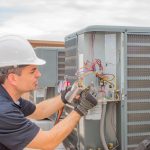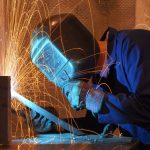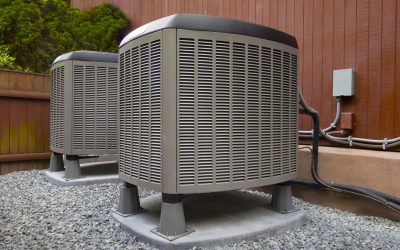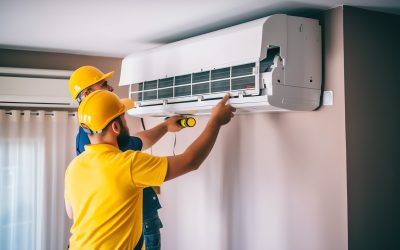The average lifespan of a boiller can vary, typically ranging between 15 to 30 years. Factors such as the brand, quality of installation, and regular maintenance play critical roles in determining how long your boiler will efficiently serve your home.
Efficiency Metrics
The efficiency of a boiler is crucial for maintaining low energy costs and reducing the environmental footprint. Efficiency is generally measured by the Annual Fuel Utilization Efficiency (AFUE) rating, with higher percentages indicating a more efficient unit. Over time, however, even the best boilers lose efficiency, which can significantly impact your heating bills and comfort.
Signs of Efficiency Decline
For homeowners, noticing a gradual increase in energy bills coupled with uneven heating throughout the house may signal a decline in boiler efficiency. Older models, especially those nearing the end of their lifespan, might also fail to meet newer, stricter environmental regulations, prompting the need for a boiler replacement in Denver, CO.
Recognizable Physical and Operational Signs That Indicate the Need for Boiler Replacement in Denver, CO
Physical Signs of Boiler Wear
Visible signs like rusting on the boiler body, water leaks around the unit, or soot accumulation are clear indicators that your boiler could be nearing the end of its useful life. Additionally, unusual noises such as banging, clanking, or whirring noises can suggest serious mechanical issues that might not be worth repairing.
Operational Issues
Frequent breakdowns and the constant need for repairs can be both frustrating and costly. If your boiler struggles to reach or maintain the set temperatures or if the heat output is inconsistent, these are operational red flags that suggest it might be time to consider a boiler replacement.
Safety Concerns
An outdated boiler not only works inefficiently but can also pose significant safety risks, such as the potential for carbon monoxide poisoning. Ensuring your home has carbon monoxide detectors and scheduling regular boiler inspections are essential safety measures every homeowner should take.
Making the Decision for Boiler Replacement in Denver, CO
Evaluating Cost versus Benefits
The initial cost of replacing a boiler can be substantial. However, the long-term savings on energy bills and reduced repair costs can make the investment worthwhile. Modern, efficient boilers are designed to be more energy-efficient and environmentally friendly, which can be a significant advantage for homeowners.
Choosing the Right Replacement
When selecting a new boiler, consider the size, type, and brand that best fits your home’s heating needs. It’s also crucial to choose a licensed and experienced installer to ensure optimal performance of your new unit.
Potential Rebates and Incentives
Denver and Colorado state offer various incentives for homeowners upgrading to energy-efficient boilers. These incentives can help offset the upfront costs and provide additional savings over time. When faced with the decision of whether to replace your boiler, consider these signs and factors. If you’re experiencing any of the issues mentioned above, it might be time to look into boiler replacement in Denver, CO. Making an informed decision now can lead to greater comfort, safety, and savings in the future.








